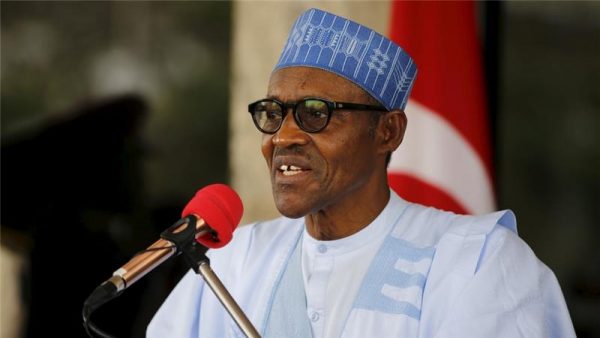Key players in the nation’s economy including the Manufacturers Association of Nigeria and the Lagos Chamber of Commerce and Industry on Monday said the government may not able to service rising debts and fund budgets as the economy shrunk by 6.1 per cent.
The National Bureau of Statistics on Monday disclosed that Nigeria’s Gross Domestic Product contracted by –6.10 per cent (year-on-year) in real terms in the second quarter of 2020, ending the three-year trend of low but positive real growth rates recorded since the 2016/17 recession.
The NBS disclosed this in its GDP report for the second quarter of 2020.
The decline was attributed to significantly lower levels of both domestic and international economic activity during the quarter, which resulted from nationwide shutdown efforts aimed at containing the COVID-19 pandemic.
The domestic efforts ranged from initial restrictions of human and vehicular movement implemented in only a few states to a nationwide curfew, ban on domestic and international travel, closure of schools and markets among others, affecting both local and international trade.
When compared with Q2 2019, which recorded a growth of 2.12 per cent, the Q2 2020 growth rate indicated a drop of 8.22 per cent points, and a fall of 7.97 per cent points when compared to the first quarter of 2020 (1.87 per cent).
Consequently, for the first half of 2020, real GDP declined by 2.18 per cent year on year, compared with 2.11 per cent recorded in the first half of 2019.
Quarter on quarter, real GDP declined by 5.04 per cent.
Furthermore, only 13 activities recorded positive real growth compared to 30 in the preceding quarter.
In the quarter under review, aggregate GDP stood at N34.02tn in nominal terms, or -2.8 per cent lower than the second quarter of 2019 which recorded an aggregate of N35.001tn.
Overall, the nominal growth rate was –16.81 per cent lower than what was recorded in the second quarter of 2019, and –14.81 per cent points lower than what was recorded in the first quarter of 2020.
The acting Director-General, MAN, Mr Ambrose Oruche, the contraction posed a challenge to debt servicing and funding of both recurrent and the capital expenditures.
Oruche said, “The effect is that government will not be able to generate much revenue for the debt servicing we are doing, to take care of the current expenditure, and maybe capital expenditure will not be there.
Source: Punch Newspaper




